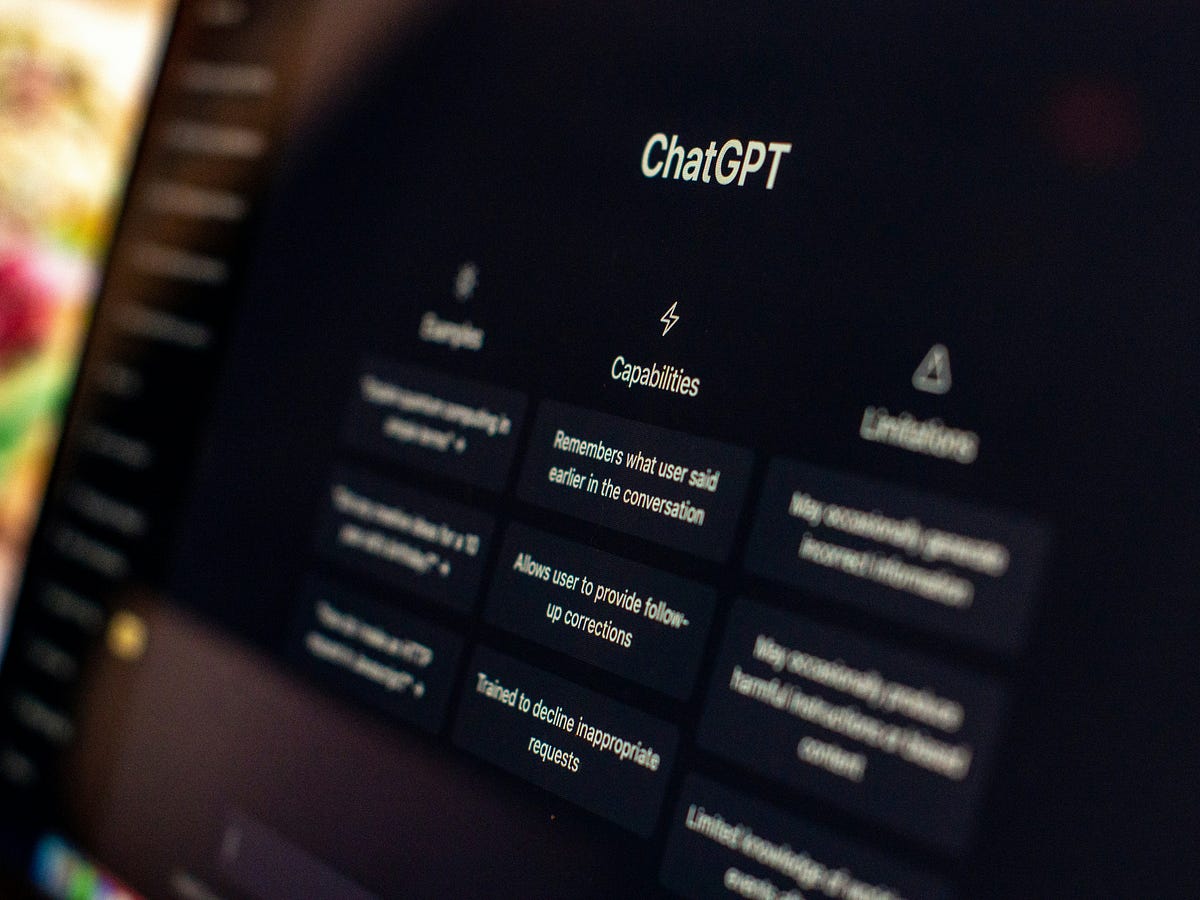Research published on June 3rd by the Alan Turing Institute and supported by the LEGO Group reveals that 22% of children aged 8-12 use generative AI, primarily ChatGPT, for learning and play. The study surveyed 780 children, their parents, and 1,001 teachers, and conducted workshops with 40 children in Scottish schools. The research revealed a significant class divide in AI usage: 52% of private school children use generative AI compared to 18% of state school children.
The study found that children with additional learning needs use ChatGPT at higher rates (78% vs 53%) and typically employ the tools for communication and connection purposes. Dr Mhairi Aitken, Senior Ethics Fellow at the Alan Turing Institute, states that children have important and nuanced opinions about the benefits and risks of generative AI, and it is crucial to listen to their perspectives. Parents show concern with 82% worried about children accessing inappropriate information through AI use, whilst 76% are concerned about impacts on critical thinking skills.
The research demonstrates that children are already sophisticated users making deliberate choices about when and how to engage with these systems, preferring tactile, offline art materials over generative AI for creative tasks. Stephen Morgan, Department for Education Minister for Early Education, emphasised that child-centred policy making is at the heart of their mission to give every child the best start in life. Anna Rafferty, Senior Vice President of Digital Consumer Engagement at the LEGO Group, stated that every child should be empowered to experience the benefits of play safely both online and offline.
Sources:
1.

New research from the Alan Turing Institute shows nearly one in four UK children (aged 8–12) use generative AI for learning or play
2.

3.









